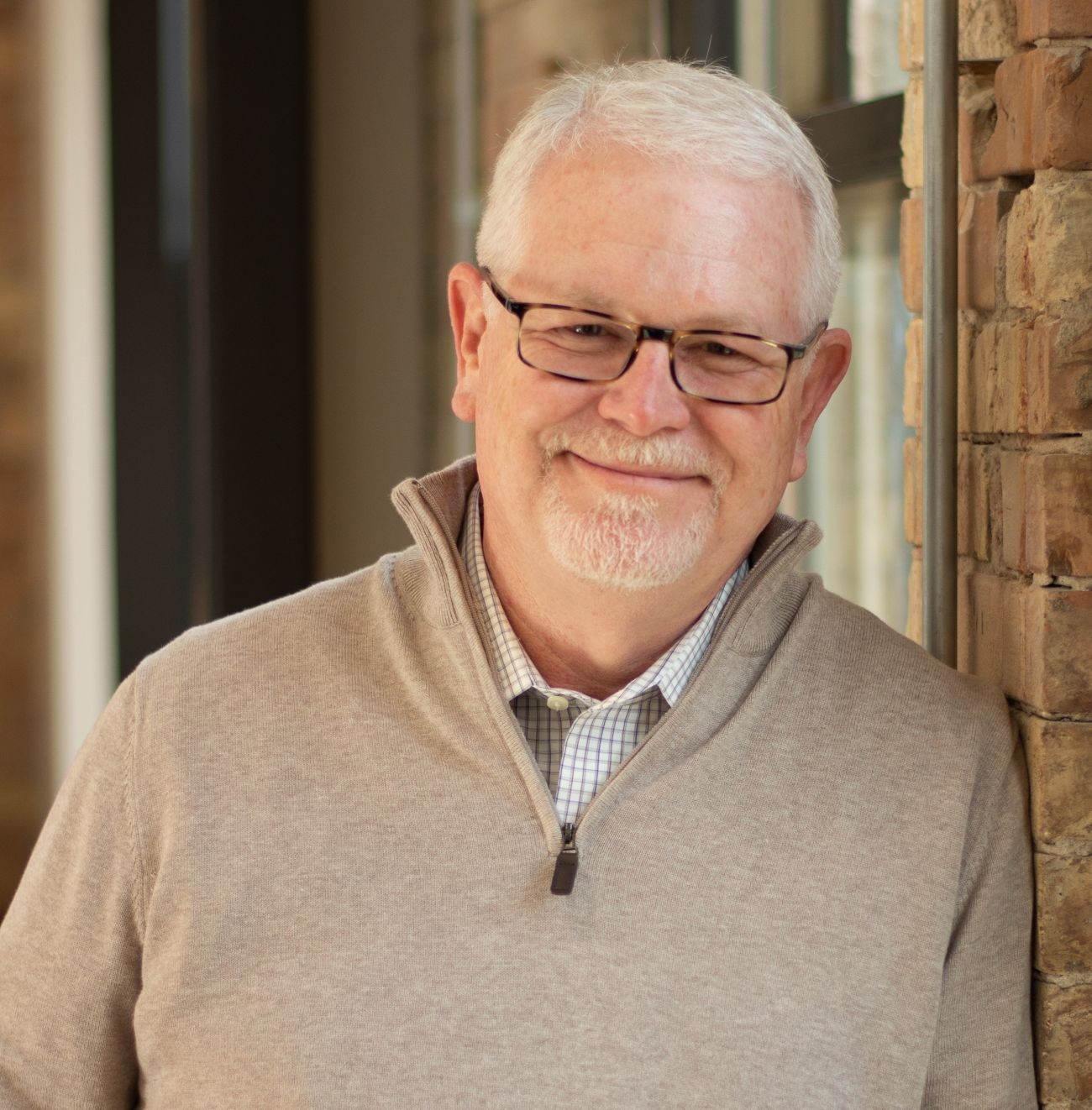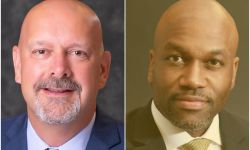Opinion | It's time to stop being accomplices to attacks on journalists
“No one can terrorize a whole nation, unless we are all his accomplices.” — Edward R. Murrow
Journalist Edward R. Murrow knew about tyrants and the terror they sow through false claims. He reported on Hitler’s Nazi propaganda during World War II. Later, he covered the “Red Scare'' hearings held by Sen. Joseph McCarthy, who used the media to spread lies about Communists working in our government. Murrow pushed back. He defied his bosses and powerful politicians and delivered a rebuke of McCarthy’s attacks which had terrorized otherwise innocent Americans. Murrow was not an accomplice.

Seventy-five years later, journalists are still covering important local, national, and global issues. The work demands commitment and thick skin because it often comes with criticism. But the venom spewed in the last five years has been vastly different. Journalists have endured ridicule from people in power, name-calling at rallies, and physical threats. Not because their stories were inaccurate, but because their reporting didn’t align with the views of a certain audience.
Three news veterans shared their recent experiences with me. Steve Osunsami has spent more than 20 years covering national stories for ABC News. Leon Hendrix worked as a TV reporter and anchor in Grand Rapids for more than 13 years until taking a private sector job at the end of 2020. The third journalist currently works in a large TV market; she requested anonymity because of the potential risk just for commenting on this topic. Their experiences are chilling.
“A group of the protesters carrying long guns gathered outside my car door
yelling at me that I was a fake news bitch, and working women were the enemy
of America." (Anonymous)
“Most of the threats I see are on social media, and usually through private messages on social media platforms like Facebook, Instagram and Twitter. And for some reason when they tell me I should die or be killed; it’s usually followed with a racial or homophobic slur.” (Osunsami)
“We have had so many threats recently that we have hired armed guards to follow some reporters around.” (Anonymous)
“After a report one morning on the QAnon conspiracy group and the election of Congresswoman Marjorie Taylor Greene, my phone lit up. People were
encouraging residents in my city to spit on me, if they saw me in public.” (Osunsami)
“I could hear them speaking through a megaphone to the crowd of hundreds about fake news and how working women are the enemy of America— and had
decreased men's salaries and destroyed families.” (Anonymous)
“There are certainly professions that face far more of a threat than those of a local news reporter, but this moment has undoubtedly changed how
journalists feel about their safety.” (Hendrix)
“I’ve seen the trashing from both the left and the right, politically. There are people out there who are not of sound mind, who think I’m ruining their America and should be eliminated. That’s real.” (Osunsami)
“I also heard the pleas from my wife upon learning of another protest — begging that I ask the station to choose a different reporter this time.” (Hendrix)
That’s just a sampling of the experiences happening to journalists throughout the country.
Like other professionals, reporters are guided by a code of ethics and bound by legal accountability. It’s a standard they meet every day. They check sources and verify facts. They generate what the late newspaper publisher Phil Graham called, “the first rough draft of history.” Sure, their stories will add detail and context over time, but the original accounts are almost always a true reflection of events.
It’s time we stop using the term “fake news.” It’s demeaning and designed to intimidate and marginalize a profession and the people who work in it. Disagree with a story if you must, but don’t publicly undercut an entire profession just to make an ideological statement. If you do, you become an accomplice, endangering a free press and its ability to serve our Republic.
See what new members are saying about why they donated to Bridge Michigan:
- “In order for this information to be accurate and unbiased it must be underwritten by its readers, not by special interests.” - Larry S.
- “Not many other media sources report on the topics Bridge does.” - Susan B.
- “Your journalism is outstanding and rare these days.” - Mark S.
If you want to ensure the future of nonpartisan, nonprofit Michigan journalism, please become a member today. You, too, will be asked why you donated and maybe we'll feature your quote next time!




